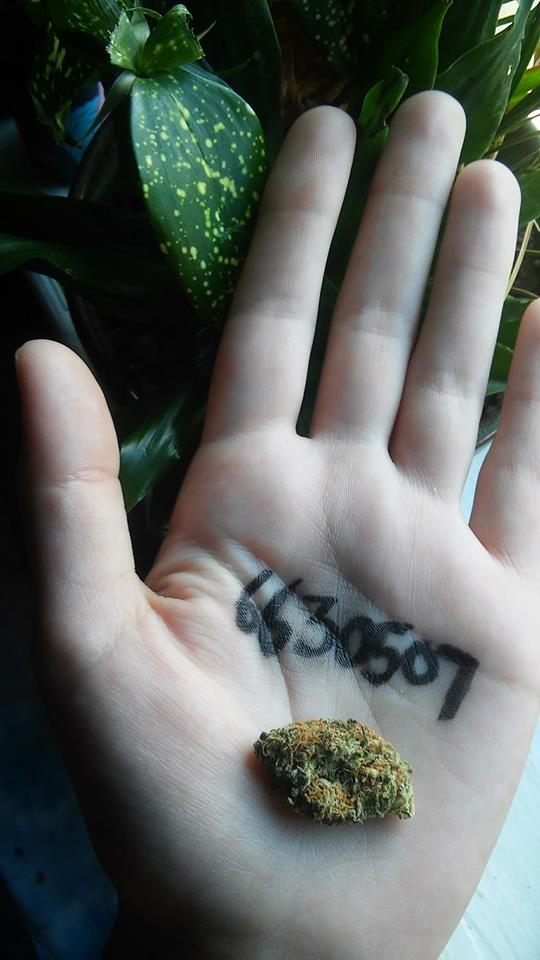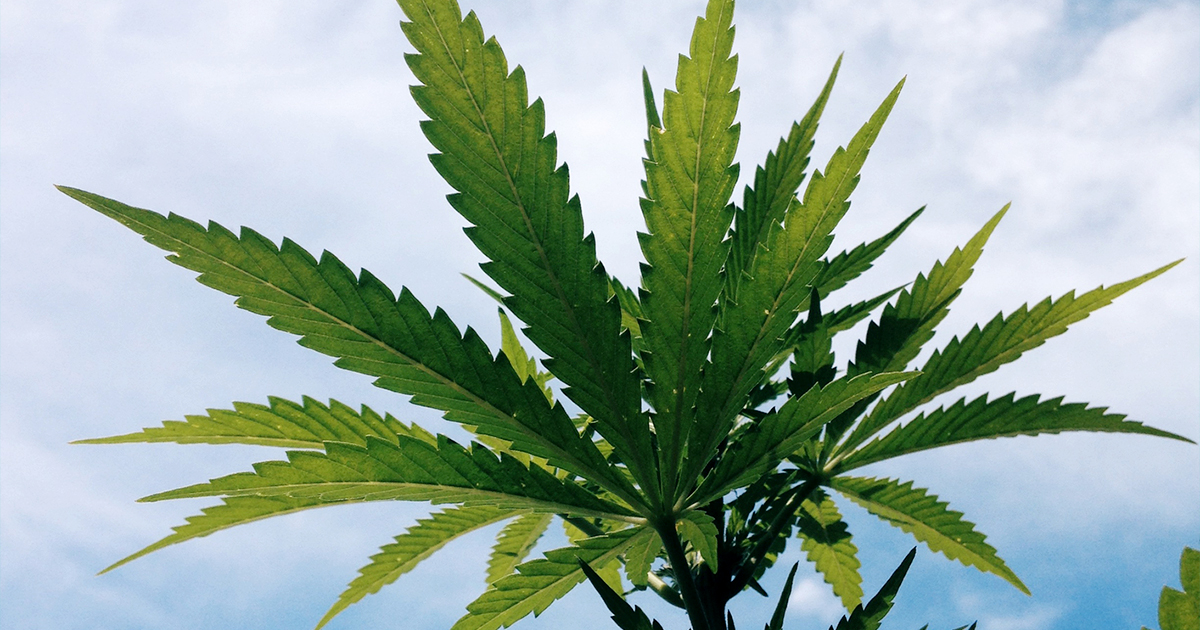Marijuana Advocates to DEA: Talk to the Hand

By:
The Drug Enforcement Administration says marijuana lacks medical value. So why did the U.S. government file a patent for cannabis — specifying that the plant has multiple therapeutic benefits — as far back as 1999?
 Google - google.com
Google - google.com
That's what some medical marijuana advocates are asking after the DEA declined to loosen federal restrictions on cannabis last week.
To highlight the seeming contradiction, they're sharing photos of their hands featuring the patent number: 6,630,507.
 Facebook - facebook.com
Facebook - facebook.com
The patent "proved there was ample evidence to support the medicinal aspects of cannabis — decades of research," Amy Hilterbran, a medical marijuana advocate who started the trend, told ATTN:. "It proved that cannabis — cannabinoids — were medicinal and effective for numerous ailments, conditions, and that the plant was nontoxic, nonlethal."
"This one patent disqualified cannabis from even being on the Controlled Substances Act — on several levels," Hilterban added.
The patent was filed by the U.S. Department of Health and Human Services in 1999. It was published four years later, and information included in the patent description shows that the federal agency has been aware of marijuana's antioxidant and neuroprotective properties for some time. Researchers found that ingredients in marijuana could be used to treat and prevent age-related, inflammatory, and autoimmune diseases.
 Stocksy/Heim - stocksy.com
Stocksy/Heim - stocksy.com
"The cannabinoids are found to have particular application as neuroprotectants, for example in limiting neurological damage following ischemic insults, such as stroke and trauma, or in the treatment of neurodegenerative diseases, such as Alzheimer's disease, Parkinson's disease and HIV dementia," an abstract of the patent states.
CNN chief medical corespondent Sanjay Gupta says the issue bothers him, too: "How can the government deny the benefits of medical marijuana even as it holds a patent for those very same benefits?" he asked in a 2014 editorial.
The question is all the more relevant today, after the DEA announced that it would not change marijuana's classification under federal law. It is to remain Schedule 1 — the strictest category of the Controlled Substances Act, designated for dangerous and addictive drugs with no medical value — in spite of growing evidence that marijuana is relatively safe and medically useful. Though the DEA acknowledges that cannabis is less dangerous than heroin and other Schedule 1 drugs, it justified its decision by arguing that the plant has no accepted medical use.
